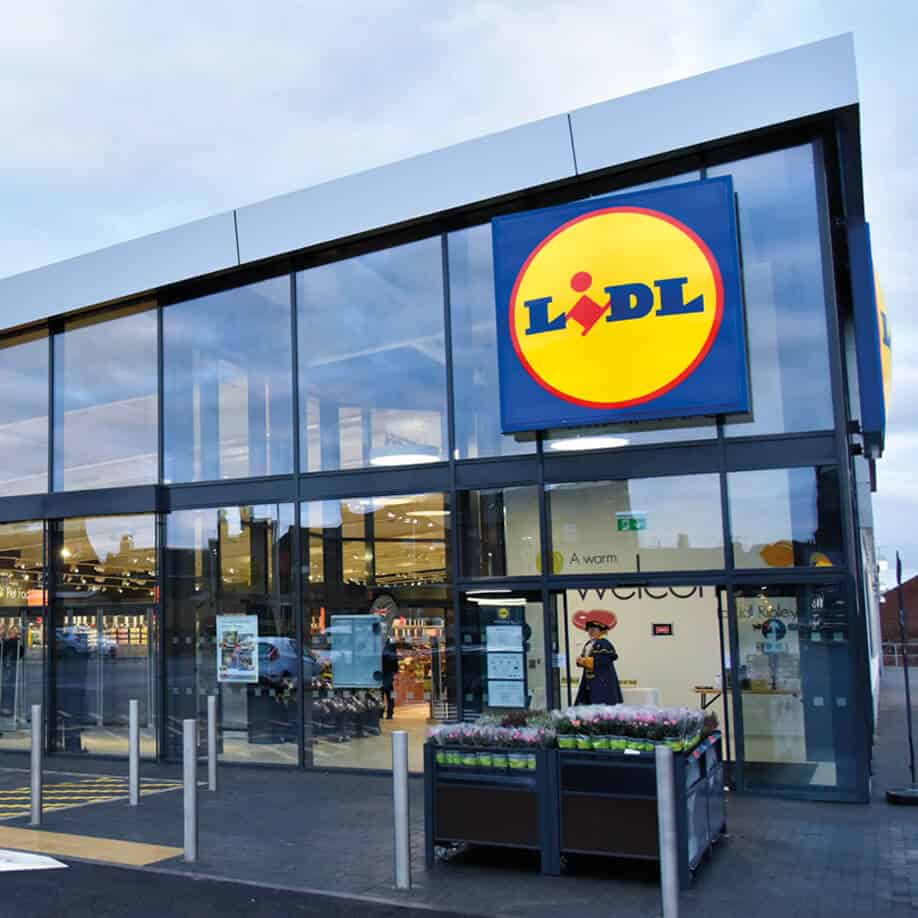A pilot study conducted by Lidl Netherlands in collaboration with Wageningen University and the World Resources Institute (WRI) has found that placing meat alternatives next to conventional meat significantly boosts sales.
The study took place in 70 stores over a six-month period, and the results indicate that sales of meat alternatives increased by 7% during this time. The effect decreased somewhat as the study went on, but remained noteworthy. Meat sales also fell slightly, though this was not considered significant.
When Lidl customers were interviewed in-store or asked to complete online questionnaires, most said they supported the strategy. The study results come as the retailer works to make 60% of its protein sales plant-based by 2030.
“We know from the research that the visibility of our meat substitutes is an important factor in the customer’s choice to purchase or try a meat substitute,” said Chantal Goenee, sustainability and health advisor at Lidl Netherlands. “That is why we will focus even more on this in our stores and marketing in the near future.”

Sustainable business strategy
Based on the research results, Lidl Netherlands has decided to improve the visibility, taste, and healthiness of its meat alternatives by the end of the year. The retailer has already introduced larger pack sizes for the products across all 440 of its stores, something the study reportedly indicated a “clear need” for.
Lidl first revealed plans to adopt a more sustainable business strategy in early 2023, saying it would reduce the number of animal products on offer and increase its range of plant-based proteins. In many markets, Lidl has dropped the prices of plant-based products to achieve parity with their conventional counterparts, a strategy that has inspired many other retailers to follow suit.
“This joint research project with Lidl Netherlands and Wageningen University is helping us build scientific evidence on what really works to shift consumer demand, and it’s encouraging to see Lidl responding to the findings,” said Stientje van Veldhoven, WRI vice president and director of Europe. “We hope this will inspire many other supermarket chains to take steps to transform their offering and make it easier for consumers to make healthier and more sustainable food choices.”





